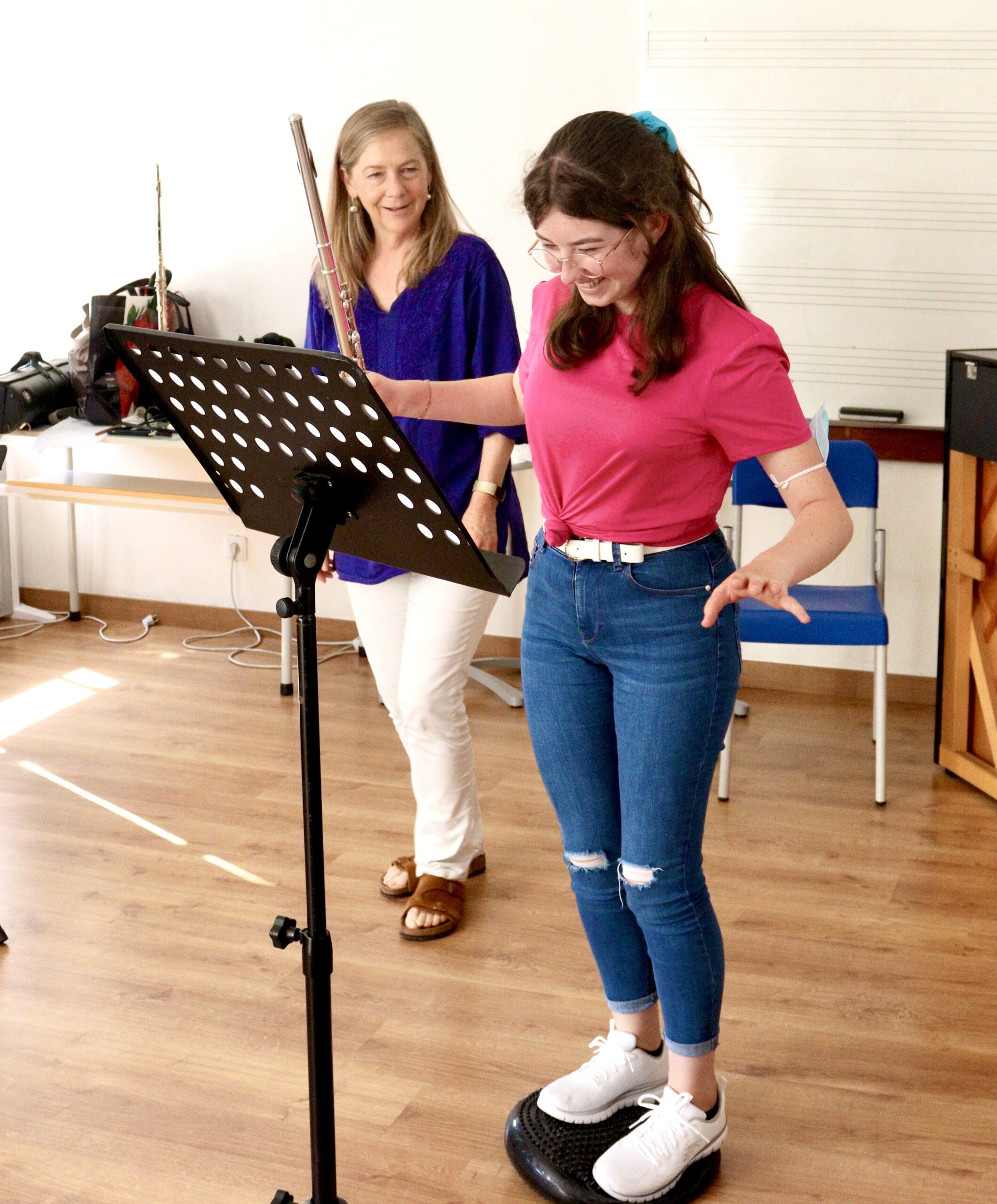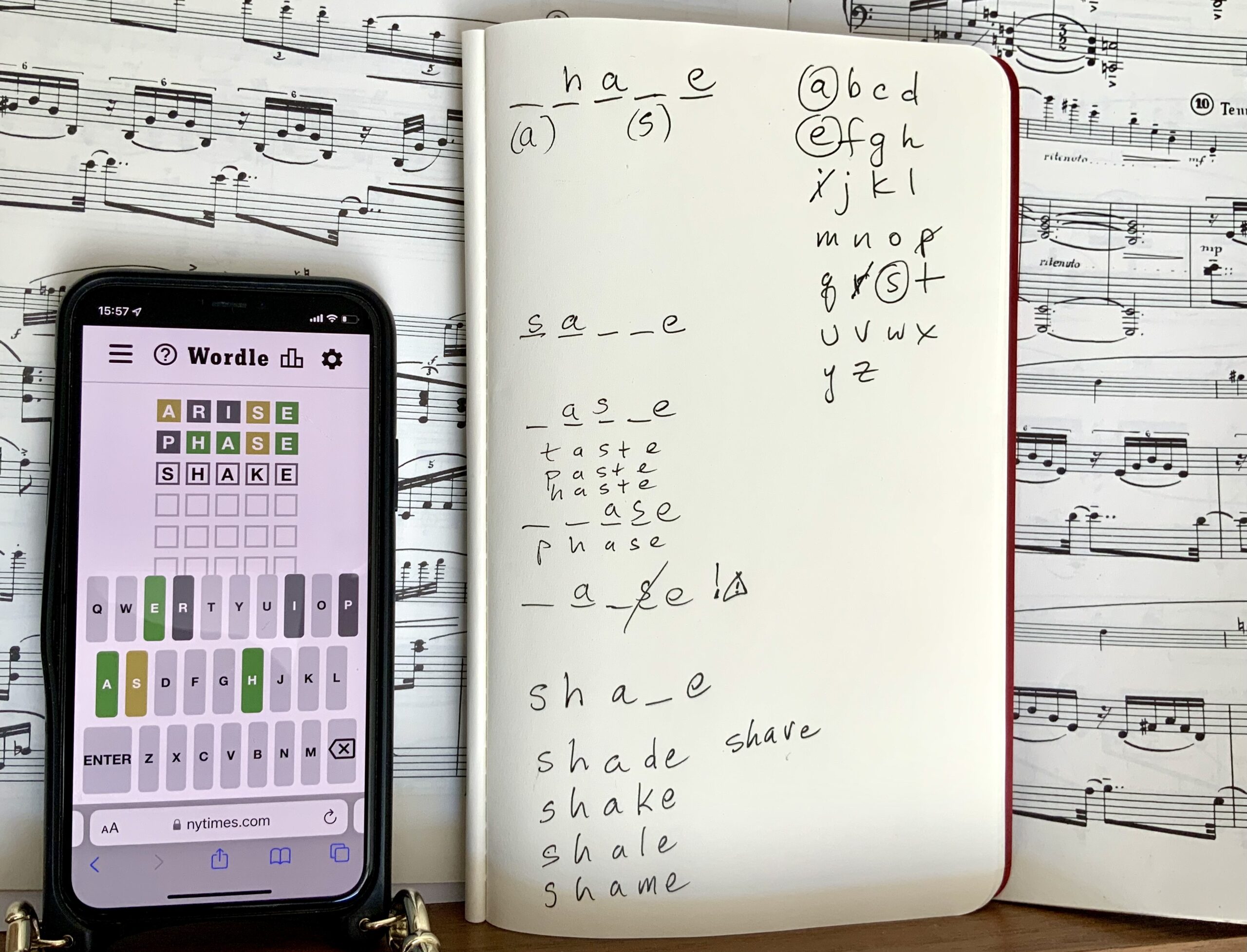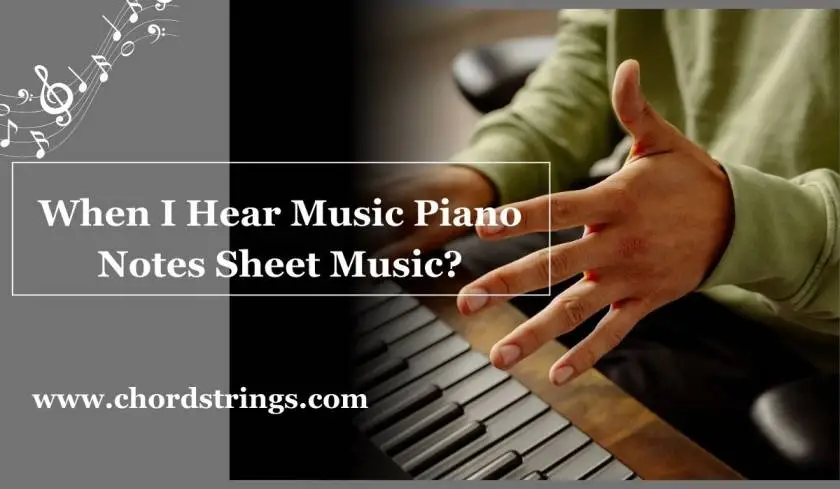A four-part series of reflections on the pleasures and paradoxes of learning to sing or play an instrument. For parents, musicians, and would-be musicians of all ages.
We have seen that learning to sing or play an instrument involves a lot of very worthwhile work. Understanding notation, executive the physicality of the particular instrument, and solidifying ramified will-less responses in order to serve the musicall require a specific kind of work over an extended period of time. In his research, psychologist Anders Ericsson tabbed this deliberate practice: focused work just a bit vastitude ones repletion zone.
At the same time, playing music needs to somehow remain fun. Without playfulness we risk rhadamanthine boring, rote performers who lose contact with the creative spark and sooner quit. Noa Kagayama, Professor of Performance Psychology at the Juilliard School in New York writes:
focusing too single-mindedly on technical precision sucks a lot of the fun out of the experience, both for us and for our audience.
How can the paradoxical need for both willpower and fun be reconciled? Which should have priority in order to progress optimally?
Terminology leaves some clues: in English we play an instrument; in French it is jouez, and in German spielen, both moreover meaning play”. In Portuguese and Spanish it is tocar, to touch; in Italian suonare, “to sound” (rather precise). The Japanese (yet increasingly precise) have variegated words for the specific deportment that make an instrument sound, for instance, blowwinds, hitpiano or percussion, or rubas in a bow wideness a string.
In no language yet discovered by me do we work an instrument!
But if you talk well-nigh learning music with your teacher, your childs teacher or most musicians, they will stress first and foremost the resulting work (study, practice) that must be washed-up to progress. And they are not wrong.
In my way of thinking, it is a draw, and a specimen of supporting that in this context the concepts of work and play are not opposites. Rather, the two go hand in hand, each bolstering the other.
How can we unzip this? It is a question of stepping when and examining our way of practicing.
If we prefer the logical vein that a unrepealable value of work will produce a unrepealable value of results, while twice as much work will produce twice the results, we will be in for a surprise! With scrutiny and honest evaluation, we discover that the quality of considerateness we have while we work is far increasingly important than the sheer quantity of time spent. A mindset of playful marvel can yield four times the results of dull work. And four times longer spent in mindless, mechanical work might produce no results at allor plane rationalization backsliding: the vanquishment of counterproductive habits and a distaste for the unshortened project. BEWARE!

Think when to school days: do you recall working half-heartedly on some project for many grinding hours with a mediocre result, yet at flipside time, working in a happy, relaxed way on a variegated project, finishing in no time with spanking-new results? This is the effect of enjoying the work.
Who are the undisputed experts in this skill?
Children! For a child, play is their work. Their job is to explore and discover: what happens when I do this? And if I do that? The child is acquiring an enormous number of interrelated skillsjust as a musician must.
So, does it make sense to tell a child (or ourselves) to work on the violin every day, and similar exhortations, as if learning music were a day job for a six-year-old? While there is real work involved, and daily practice is ideal, leaving the w word out of the equation is likely a largest tactic.
The work can be, so to speak, wrapped up in play. This sounds childish, but a playful mindset is equally worthwhile for adultswe are not so terribly different!
For example, make a game out of the (absolutely necessary) repetition of musical passages: four times correctly through a passage might count as a win. If you reach three and then mess up, your score moves either when to two (soft version) or when to zero (hard version). And so forth.
The concept of flow proposed by the psychologist Mihály Csíkszentmihály states that there is an optimal range of difficulty within which our mental focus remains productive. This flow zone is where maximum learning takes place: the task must be neither too difficult nor too easy. While practicing, we can retread the task to alimony us in this zone, for instance simplifying nonflexible passages or challenging ourselves to memorise or transpose an easy one. The priority is to remain working in the zone rather than to clock so many minutes of practice.
The spritz principle explains the viral success of the The New York Times Wordle game, which keeps well-nigh two million Americans in flow mentality for 10 or 15 minutes daily trying to icon out the word of the day. It challenges us just unbearable that we enjoy playing with neither frustration nor boredom. Some of us have perhaps wilt a tiny bit addicted


Likewise, you might work through the music you are playing, taking the figurations, intervals, dynamic and rhythmic patterns, or note-groupings and playing virtually with them, inventing unorganized versions and variations. This is an engaging way to proceeds tenancy over the musical elements (rhythms, intervals, dynamics, etc.). While such procedures may towards to be digressions from the work at hand, they enlist creativity, and in my experience, produce superior results.
Playful marvel can be the weightier tactic for plane the most tedious work, for instance, executive finger movement during rapid passagesa dexterity required by most instruments. Rather than mind-numbing repetition for the sake of repetition, there can be pleasure in the non-judgmental observation of what is going on. What exactly is my fourth finger doing? is a increasingly satisfying and productive tideway than I have to make this work NOW! Once the weightier movement is found, it will be a pleasure to repeat!
What then can we do to help our children or studentsor ourselvesstay in this felicitous zone?
We can tread lightly when we observe our children goofing around at their instruments. When we see our small pianist joyfully throwing their stovepipe onto the piano, pedaling to produce a sonic storm worthy of a horror movieresist the temptation to chastise the digression. Instead, witness the joy of their exploration! If we snuff this out, music might wilt just flipside taska heap of notes to be gotten correctly, as if that were the goal.
Teachers moreover can respect this goofing around, plane while obviously needing to get work done. We should strive for balance. A master teacher once told me that if neither the student nor teacher were laughing in the lesson, something was wrong! If you are a parent, do not seem that a teacher who makes the lesson fun is junior to a teacher who makes everything a serious chore! BEWARE, again!
The idea that Western classical music is serious, and therefore must unchangingly be approached seriously reminds me of a scene in Stanley Kubricks mucosa The Shining. Jack Nicholsons crazed charactera writer moreover named Jackscrawls over and over All work and no play makes Jack a unrewarding boycheck out the movie to see what that leads to, but dont watch it alone!
Indeed, research has shown that the lack of play not only leads to dullness, but to reduced social and mental development, depression, and criminal behaviour. According to Dr. Stuart Browns TED Talk, nothing lights up the mind like play. Play leads us toward creative thinking. And plane performers, whose task might towards to be re-creative, cant sire to lose contact with the composers creative spark.
The platonic learning process circles when and along between goal-oriented work and self-ruling explorationplay. Whether we are a student, professional or amateur, standing to play when we play music, using our creative powers, inventing games and challenges as we practice allows the spark of joy in our playing to protract undiminished.



